Public investment in local projects plus coaching and support proves a winning combination
From the grand opening of a grocery cooperative in Rogers Park this July to a trade school and art hub project in Lawndale still on the drawing board, equitable transit-oriented development (ETOD) is inspiring some $350 million in new development projects across Chicago.
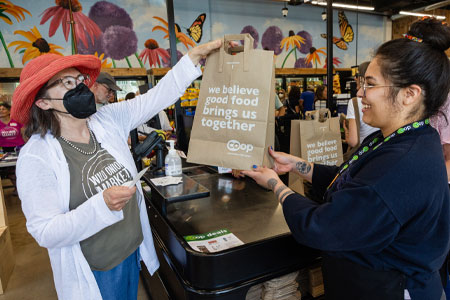
Community-based organizations have the vision and local knowledge of what their neighborhoods need. Policy and planning organizations bring expert assistance to help make those visions reality.
Public support for both through the city of Chicago’s Equitable Transit-Oriented Development Policy Plan is starting to show results, with local and emerging developers making their mark in historically under-invested neighborhoods in the far south, southeast, west, north, and northwest sides of Chicago. Specifically, two key city investments in 2023 are showing results:
- $5.5 million in grants ranging from $150,000 to $250,000 to 30 local and emerging developers to build housing, commercial development, mixed-use and other projects. Equitable Transit-Oriented Development is one of six programs the Chicago Department of Planning and Development created in 2022 as part of the post-pandemic Chicago Recovery Plan.
- $1 million worth of coaching, capacity-building and other technical assistance for the developers by a dozen groups and firms, grouped under the name Elevated Works and coordinated by Center for Neighborhood Technology, Elevated Chicago, IFF, Metropolitan Planning Council, and Rudd Resources. The Chicago Community Trust and MacArthur Foundation have provided additional support to help make the program successful.
Case in point: Wild Onion Market – the grocery cooperative that opened in Rogers Park –formed as a grocery store cooperative in 2012 with a mission to "keep dollars local, support local farmers and producers, and help build a sustainable food production and packaging system” serving Rogers Park, West Ridge and Evanston.
They received help with marketing and media relations for the event from Elevated Works member Rudd Resources, one of Chicago’s premiere public-relations and communications firms.
“Our site is right in the middle of the community,” one of the co-op’s co-owners, Mary Meyer, told Block Club Chicago at the opening. “It’s near buses, trains and anyone could walk there. We’ll have a bike rack, too, so we’ll be accessible by all means of transportation.”
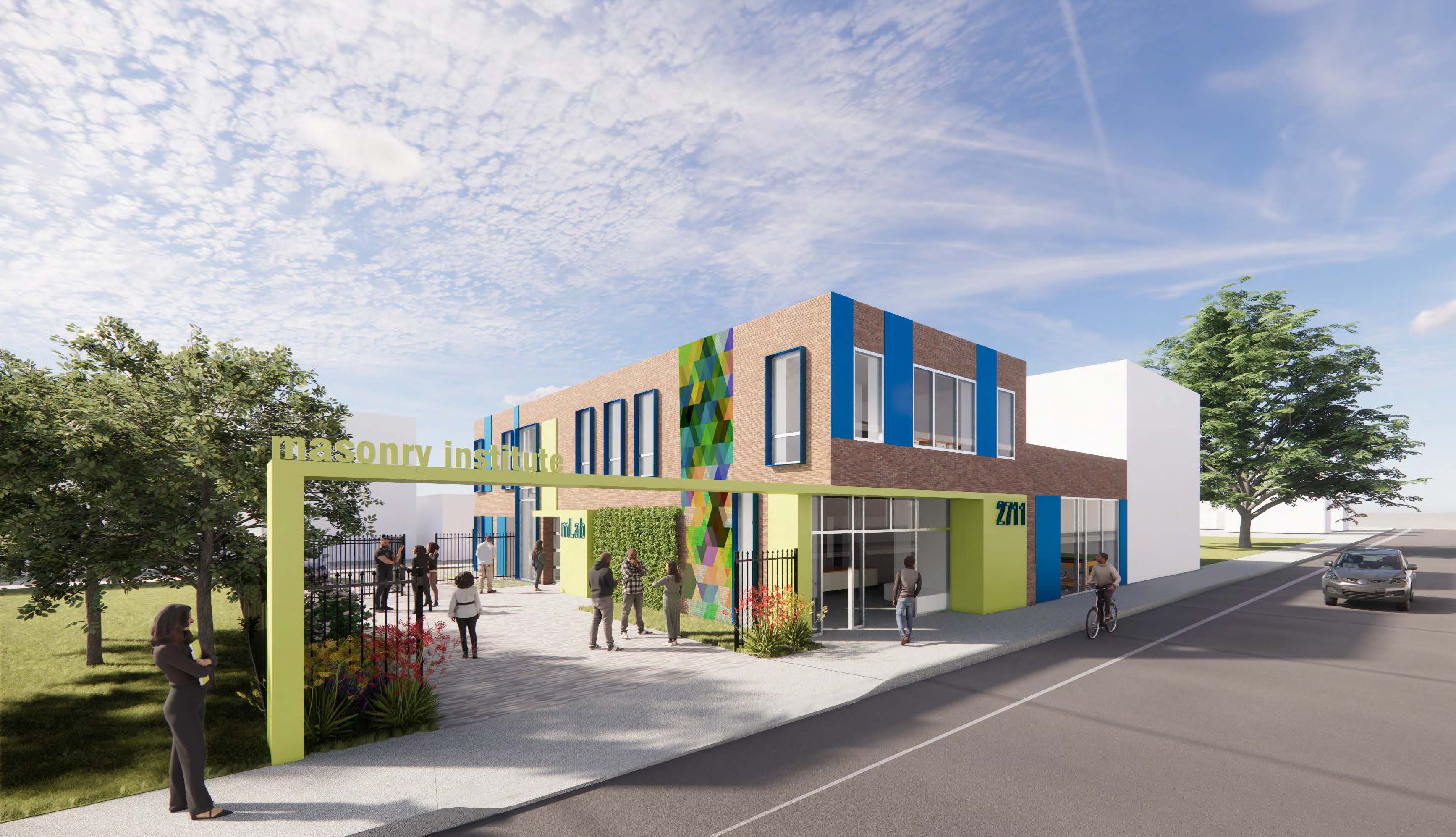 Local knowledge, expert assistance
Local knowledge, expert assistance
Projects like Wild Onion Market demonstrate the approach and core values of equitable transit-oriented development – the idea that transit assets like train stations and bus stops can be tools for neighborhood vitality, as described by Elevated Chicago, the coalition of advocates, developers and civic groups leading the way toward more community economic development.
“We can use collaboration, policy and investments around transit to change our deeply divided and car-oriented city,” Elevated Chicago notes on their ‘what is ETOD’ web page, “to restore vibrancy to areas harmed by disinvestment and displacement, to end racial segregation, to build wealth rather than extract it, and to use infrastructure to connect, not to separate, communities.”
For Lawndale Christian Development Corporation Project Manager Peter Tate, that approach is essential to the Chicago Equitable Transit-Oriented Development Policy Plan.
"What equitable transit-oriented development does well is tap into embedded institutional knowledge in creating hubs of activity,” Tate says. “For example, I'm a bike commuter who travels Ogden Avenue regularly and observes how people move through the corridor. One of our directors has lived in the neighborhood for 30 years and knows the ins and outs of every block. This grant program values that lived experience."
Lawndale Christian Development Corporation has two projects in the pre-development and permitting phases: ReConstruction West Trade School and the 1600 S Lawndale Business Hub and Art Gallery. As both projects move into the construction phase, Tate anticipates technical assistance partner IFF will guide rehabilitation of existing two-story structures at each location.
These and other investments citywide are showing promise—something that gives advocates and local developers like Tate hope.
“The city’s support of accessible, inclusive development is crucial for our communities to thrive,” Tate says. “Equitable transit-oriented development is important for people who rely on transit and active transportation, and it promotes green living, sustainability, and new opportunities for residents.”


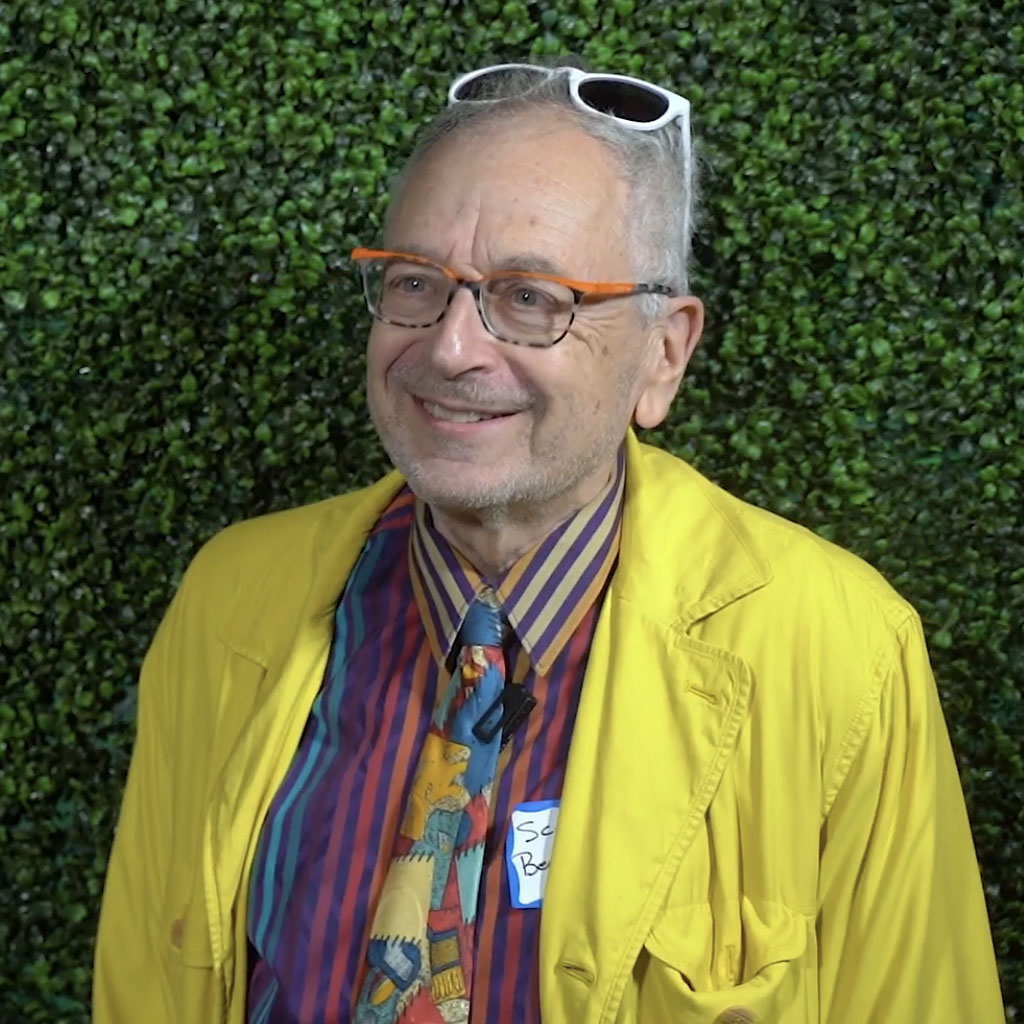
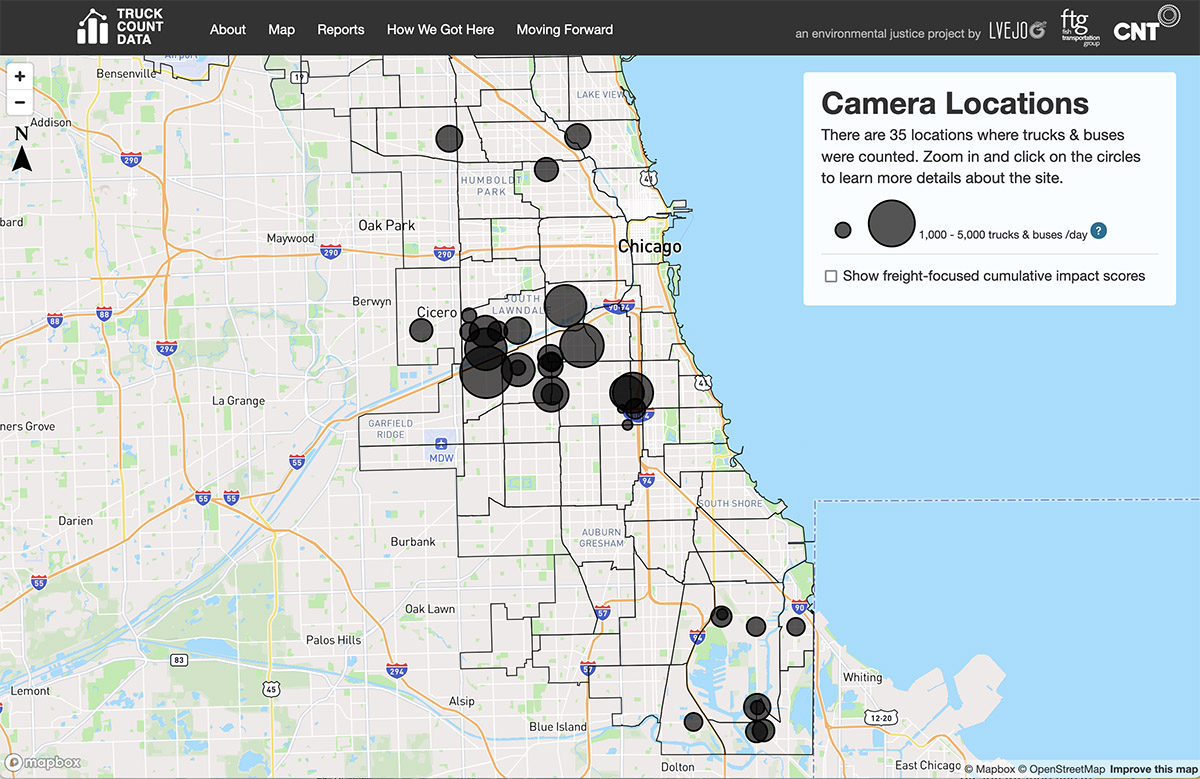
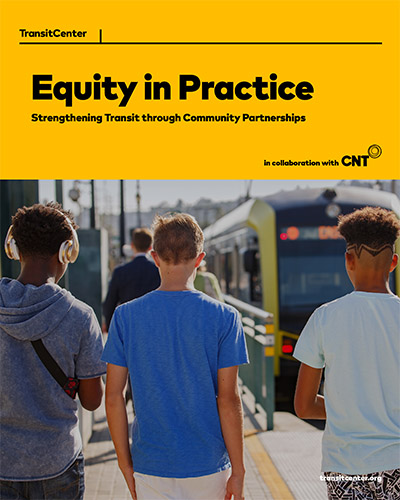
 Strengthening Transit Through Community Partnerships
Strengthening Transit Through Community Partnerships